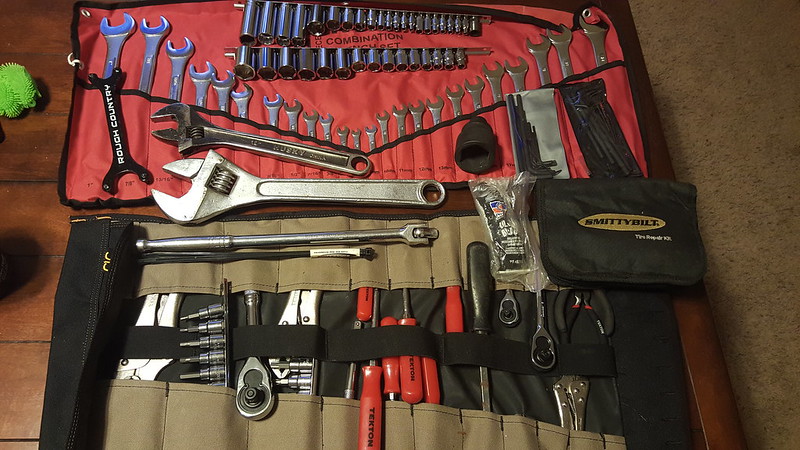Oscar
Adventurist
Im going to be competing in the 36 hours of Uwharrie in August. I carry alot of gear with me when I travel but I always have the option of restocking or finding locally a part I may need.
What repair parts / spares do you recommend for this?
Im running a 2012 Wrangler Rubicon
I'm planning a thorough inspect and assessment before the event but accidents still happen.
What repair parts / spares do you recommend for this?
Im running a 2012 Wrangler Rubicon
I'm planning a thorough inspect and assessment before the event but accidents still happen.



